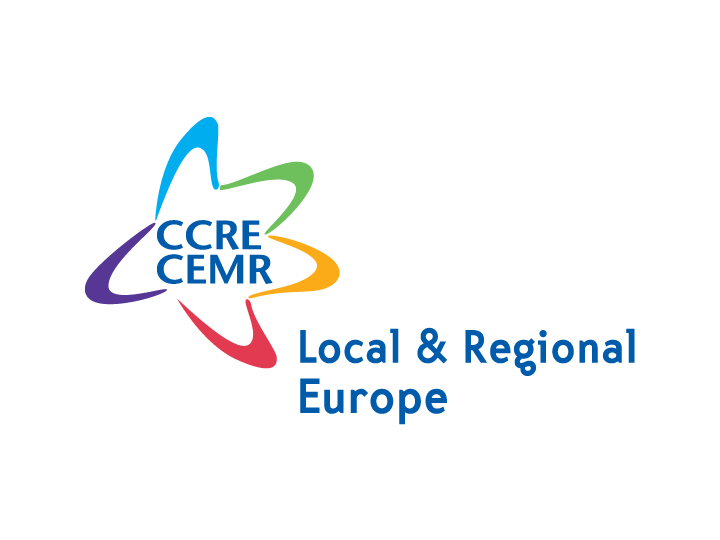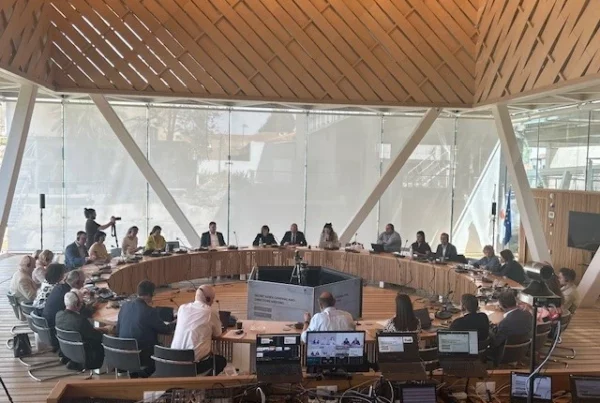Round table on poverty and social exclusion (Rotterdam, 17-19 Oct) : CEMR’s recommendations
The Council of European Municipalities and Regions made several recommendations on the occasion of the European round table on poverty and social exclusion (Rotterdam, 17-19 October 2004).
On the issue of participation on the labour market, chair of CEMR's working group on Employment and Social policy, Matthias Schulze-Böing, called for an integrated policy approach at the local level to promote employment. He also talked of the need for a service attitude to the individual job seeker as a consumer. Matthias Schuler-Böing also chaired the workshop on the rural dimension of poverty.
CEMR representative at the workshop on the open method of coordination on social inclusion, Klara Filipova, of the Union of Towns and Municipalities of the Czech Republic, stressed the need for more involvement of local and regional government. 'We particularly need the towns and regions' involvement in the process of creating and implementing national action plans, as it is a fact that almost everything written at the European or national level has to be implemented at the local or regional level".
There was also a workshop on the prevention of homelessness. On this issue, CEMR calls for a clear pan European strategy programme including integrated targets and goals, as homelessness is caused by a combination of factors.
Participants at the round table agreed to several conclusions:
– Local government has a facilitating role and a responsibility for bringing social inclusion actors together. Local authorities must take the lead in this process.
– Social inclusion strategies can only be created through a bottom-up approach; local and regional actors must be involved.
– As the closest level to the citizens, local and regional government must be very present in European and national debates and in the delivery of solutions to the problem of social exclusion.
– Local government has a facilitating role and a responsibility for bringing social inclusion actors together. Local authorities must take the lead in this process.
– Social inclusion strategies can only be created through a bottom-up approach; local and regional actors must be involved.
– As the closest level to the citizens, local and regional government must be very present in European and national debates and in the delivery of solutions to the problem of social exclusion.
The round table was organised by the Dutch presidency of the EU Council and the European Commission.
rn

Climate, Sustainable Finance Officer






